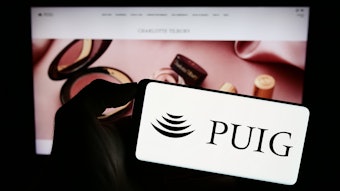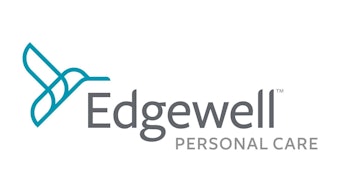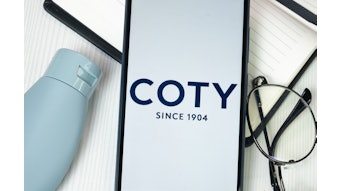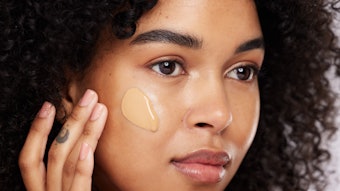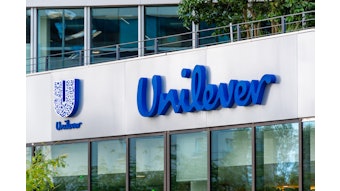According to a Canadean survey of 2,000 U.K.-based adults, 20% of U.K. consumers are concerned about skin aging, but only one-third of those who are worried have adopted a regular anti-aging skin care routine. This indicates that marketers are failing to connect with a majority of consumers who are most interested in their products.
In the survey, 33% of consumers admit that they are worried about aging, with respondents across all age groups aged 25 and over expressing similar levels of concern. Moreover, 20% say that they are concerned about their skin showing signs of aging, such as fine lines and age spots.
However, less than a third of those who are worried about skin aging have adopted a regular anti-aging skin care routine. “There seems to be a gap between attitude and behaviour, as consumers are interested in counteracting aging but they do not adopt anti-aging skin care routines," said Veronika Zhupanova, analyst at Canadean. "Reasons for this behaviour could be price, product availability or consumers simply not knowing what products to use or how often.”
Across all age groups who are worried about aging skin, consumers aged 55 and over, constituting 28.7% of the U.K. population, are the least likely to act on it. Over half (56%) of concerned 55+ consumers have not done anything about their concerns—the highest number among all age demographics. The research suggests that by focusing too much on young adult women, the skin care industry might miss out on 55+ consumers.
Zhupanova adds: “[Brand owners] don’t get their messaging right when they talk to older consumers. This group is comfortable with their age, they don’t feel old and they don’t want to be treated as desperately clinging to youth. To achieve success among those aged 55 and older, skin care producers need to offer them inclusive products that promote good-looking, well-groomed skin as well as attractiveness, as opposed to treating their age as a burden that needs a relief.”
